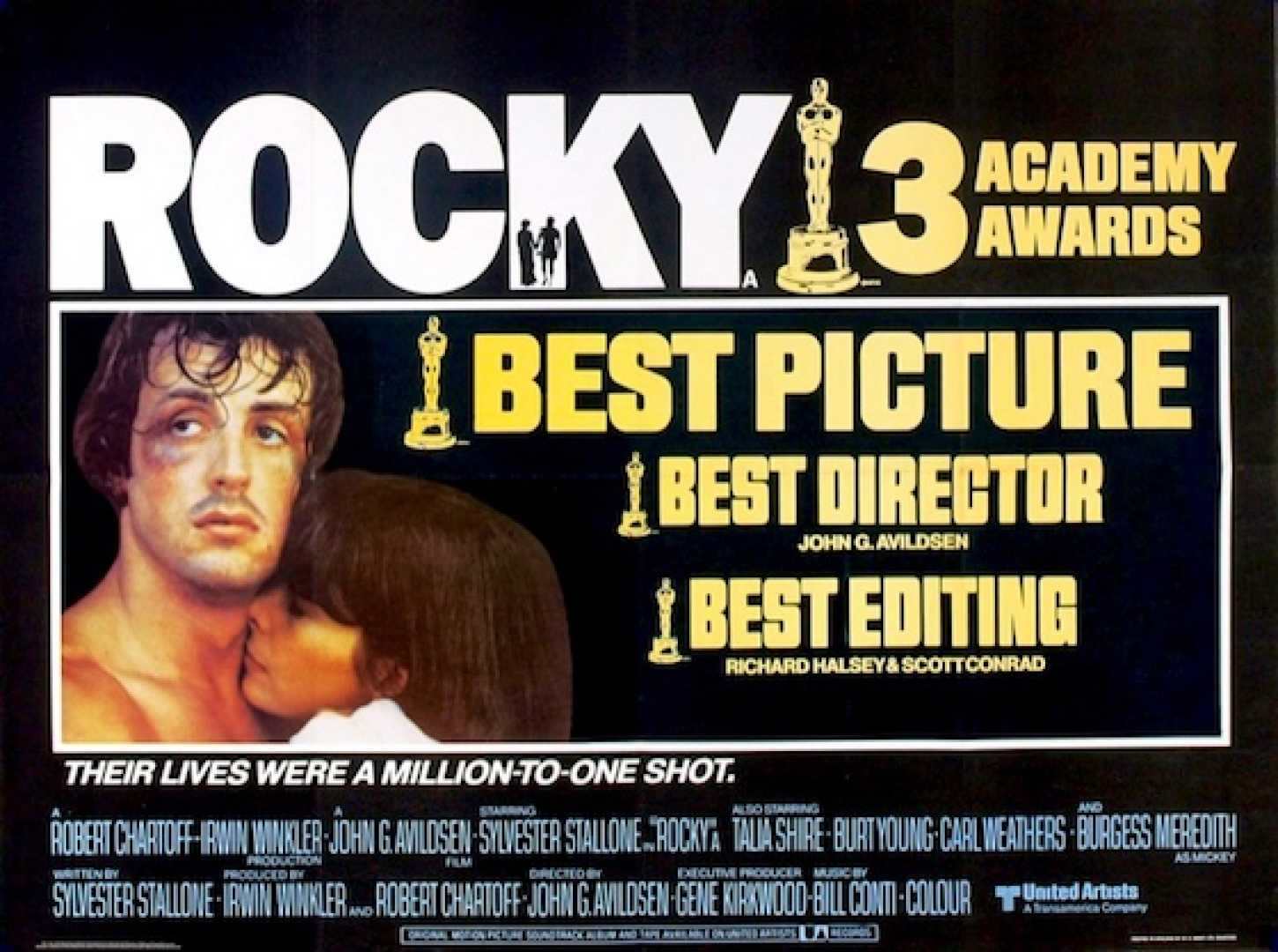Entertainment
How ‘Rocky’ Sparked a Cinematic Revolution in the 1970s

NEW YORK, NY — The 1970s were a turbulent period in American history, filled with political scandals, the aftermath of the Vietnam War, and economic challenges. Amidst this backdrop, cinema began to reflect the nation’s growing cynicism. Classic films like “The Godfather” and “Taxi Driver” emerged from New Hollywood, capturing the raw emotions of the era.
However, a shift occurred with the release of “Jaws” in 1975, marking a turning point in audience tastes. Steven Spielberg’s thriller became a cultural phenomenon, establishing the modern blockbuster as a staple of cinema. Viewers sought escapism and entertainment, leading to iconic films like “Star Wars,” “Superman: The Movie,” and “Rocky.”
Released in 1976, “Rocky” portrayed the struggle of its lead character, an underdog boxer played by Sylvester Stallone, who also wrote the screenplay. Stallone was living the life of a struggling actor before this film transformed his career. His heartfelt performance resonated with audiences, and in a 2012 interview, he explained, “The people like it who let their emotions be their guide.” He emphasized that the film is not just about boxing but love and vulnerability.
The success of “Rocky” led to five sequels, with Stallone writing and directing several installments. The character of Rocky Balboa evolved through the series, reflecting both personal and cultural changes. While “Rocky III” introduced campiness through exaggerated villains like Clubber Lang and Ivan Drago, it maintained the franchise’s core themes of heart and perseverance.
As the series progressed, Stallone’s character not only faced physical challenges but also navigated deep emotional landscapes, notably in his relationship with his wife, Adrian. Even after her passing, Rocky’s tenderness continued in the “Creed” films, where he mentors Adonis Creed, Apollo Creed‘s son, played by Michael B. Jordan.
Stallone’s journey from obscurity to stardom is a testament to the impact of “Rocky.” This film not only shaped his career but also influenced generations of filmmakers and audiences, making it a cornerstone of American cinema.












